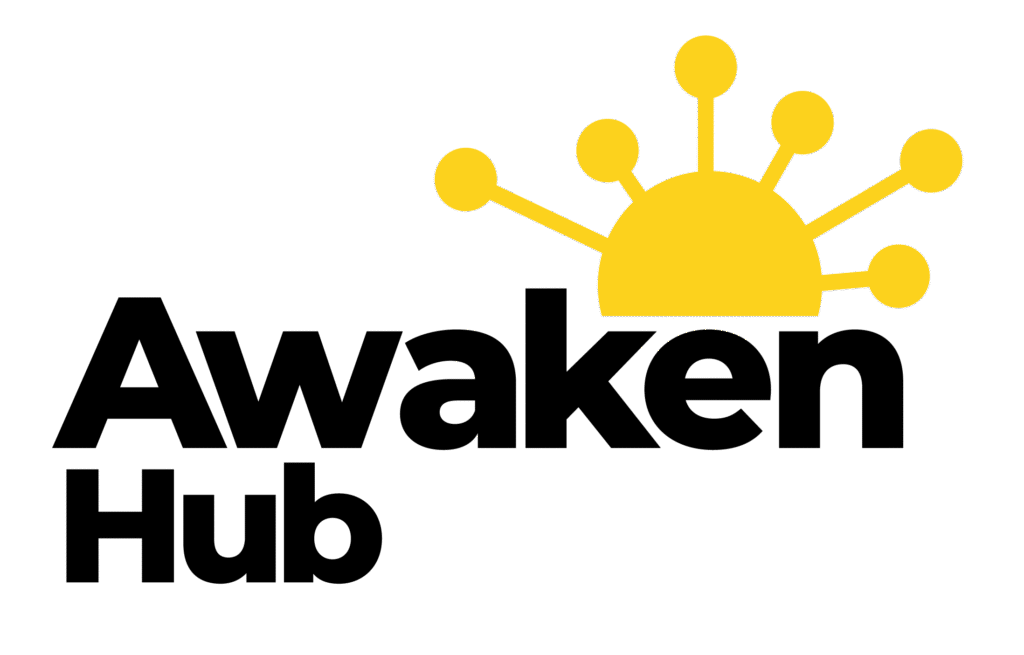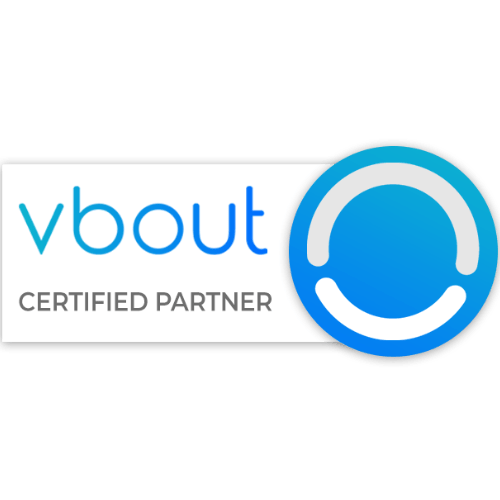Maximizing Content Performance: The Key to Effective SEO
In the ever-evolving landscape of digital marketing, the significance of content performance in search engine optimisation (SEO) cannot be overstated….
In the ever-evolving landscape of digital marketing, the significance of content performance in search engine optimisation (SEO) cannot be overstated. As you navigate this intricate web, it becomes clear that the quality and effectiveness of your content directly influence your website’s visibility on search engines. When you create content that resonates with your audience, you not only engage them but also signal to search engines that your site is a valuable resource.
This, in turn, can lead to higher rankings, increased organic traffic, and ultimately, greater conversions. Moreover, understanding content performance allows you to refine your strategies and focus on what truly matters. By analysing how your content performs, you can identify trends and patterns that inform your future efforts.
This data-driven approach enables you to tailor your content to meet the needs and preferences of your target audience, ensuring that you remain relevant in a competitive market. As you delve deeper into the metrics that matter, you will find that optimising content performance is not just a one-time task but an ongoing process that requires constant attention and adaptation.
Summary
- Content performance is crucial for SEO as it directly impacts website visibility and ranking on search engines.
- Key metrics for measuring content performance include organic traffic, bounce rate, time on page, and conversion rate.
- High-quality and relevant content is essential for SEO success, as it attracts and engages the target audience.
- Utilising keywords and meta tags effectively can enhance content performance by improving search engine visibility.
- Leveraging social media and backlinks can significantly boost content performance by increasing website traffic and authority.
Identifying Key Metrics for Measuring Content Performance
To effectively measure content performance, you must first identify the key metrics that will provide insight into how well your content is resonating with your audience. One of the most critical metrics is organic traffic, which indicates how many visitors are arriving at your site through search engine results. By tracking this figure, you can gauge the effectiveness of your SEO efforts and determine which pieces of content are driving the most traffic.
Engagement metrics are equally important in assessing content performance. These include metrics such as bounce rate, average time on page, and pages per session. A high bounce rate may suggest that visitors are not finding what they expected, while a longer average time on page indicates that your content is engaging and relevant.
Additionally, social shares and comments can provide valuable feedback on how well your audience is connecting with your content. By monitoring these metrics, you can gain a comprehensive understanding of your content’s performance and make informed decisions about future strategies.
Creating High-Quality and Relevant Content for SEO

Creating high-quality and relevant content is at the heart of any successful SEO strategy. As you embark on this journey, it is essential to understand your audience’s needs and preferences. Conducting thorough research will help you identify the topics that resonate with your target demographic, allowing you to craft content that addresses their pain points and interests.
This not only enhances user experience but also establishes your authority in your niche. Furthermore, high-quality content should be well-structured and easy to read. Utilising headings, bullet points, and images can break up large blocks of text, making it more digestible for readers.
Additionally, incorporating storytelling elements can captivate your audience and keep them engaged throughout the piece. Remember, the goal is not just to inform but also to entertain and inspire action. By prioritising quality and relevance in your content creation process, you will set yourself apart from competitors and foster a loyal audience.
Utilizing Keywords and Meta Tags to Enhance Content Performance
| Metrics | Results |
|---|---|
| Keyword Density | 5% |
| Meta Tags Utilization | Optimised for all pages |
| Click-Through Rate (CTR) | 10% |
| Organic Traffic | Increased by 20% |
Keywords play a pivotal role in enhancing content performance within the realm of SEO. As you develop your content strategy, it is crucial to conduct keyword research to identify the terms and phrases that your target audience is searching for. By strategically incorporating these keywords into your content, you increase the likelihood of ranking higher in search engine results pages (SERPs).
However, it is essential to strike a balance; overstuffing your content with keywords can lead to a poor user experience and may even result in penalties from search engines. In addition to keywords, meta tags are another vital component of optimising your content for search engines. The title tag and meta description serve as the first impression for potential visitors when they encounter your site in search results.
Crafting compelling and informative meta tags can entice users to click through to your content. Ensure that these tags accurately reflect the content of the page while incorporating relevant keywords. By paying attention to both keywords and meta tags, you can significantly enhance your content’s visibility and performance.
Leveraging Social Media and Backlinks to Boost Content Performance
Social media platforms offer an invaluable opportunity to amplify your content’s reach and boost its performance. By sharing your content across various social channels, you can engage with a broader audience and drive traffic back to your website. It is essential to tailor your messaging for each platform, considering the unique characteristics and preferences of users on each site.
Engaging visuals, catchy headlines, and interactive elements can enhance your social media posts and encourage sharing among users. Backlinks also play a crucial role in improving content performance.
This can lead to higher rankings in SERPs and increased organic traffic. To build backlinks effectively, consider reaching out to industry influencers or collaborating with other content creators. Guest blogging or participating in online forums can also help establish connections that may result in valuable backlinks.
By leveraging both social media and backlinks, you can create a robust strategy for boosting your content’s performance.
Implementing A/B Testing and Analytics to Improve Content Performance

A/B testing is a powerful method for optimising content performance by allowing you to compare two versions of a piece of content to determine which one resonates better with your audience. This could involve testing different headlines, images, or calls-to-action (CTAs) to see which version drives more engagement or conversions. By systematically analysing the results of these tests, you can make data-driven decisions that enhance the effectiveness of your content.
In conjunction with A/B testing, utilising analytics tools is essential for gaining insights into how users interact with your content. Platforms like Google Analytics provide valuable data on user behaviour, including traffic sources, demographics, and engagement metrics. By regularly reviewing this data, you can identify trends and areas for improvement within your content strategy.
This continuous cycle of testing and analysis will enable you to refine your approach over time, ensuring that your content remains relevant and effective in achieving your SEO goals.
Optimizing Website Speed and Mobile Responsiveness for Better Content Performance
In today’s fast-paced digital environment, website speed is a critical factor influencing content performance. Users expect quick loading times; if your site takes too long to load, they are likely to abandon it in favour of faster alternatives. To optimise website speed, consider compressing images, minimising code, and leveraging browser caching.
Regularly testing your site’s speed using tools like Google PageSpeed Insights can help identify areas for improvement. Mobile responsiveness is equally important in enhancing content performance. With an increasing number of users accessing websites via mobile devices, ensuring that your site is mobile-friendly is paramount.
A responsive design adapts seamlessly to different screen sizes, providing an optimal user experience regardless of the device being used. By prioritising both website speed and mobile responsiveness, you create an environment where users can easily access and engage with your content.
Monitoring and Adjusting Content Strategies for Continued SEO Success
The digital landscape is constantly changing; therefore, monitoring and adjusting your content strategies is essential for sustained SEO success. Regularly reviewing key performance metrics will help you identify what works well and what needs improvement. This ongoing evaluation allows you to stay ahead of trends and adapt to shifts in user behaviour or search engine algorithms.
Additionally, staying informed about industry developments and best practices will enable you to refine your strategies continually. Engaging with online communities or following thought leaders in the SEO space can provide valuable insights into emerging trends or techniques that may benefit your approach. By remaining flexible and open to change, you can ensure that your content strategies evolve alongside the digital landscape, ultimately leading to long-term success in SEO performance.
Content optimization is a crucial aspect of any digital marketing strategy. It involves creating high-quality, relevant content that is tailored to target specific keywords and phrases to improve search engine rankings. For more information on how to effectively use SEO for small businesses, check out this article on The Digital Projects website. This article provides valuable insights and tips on how small businesses can leverage SEO to increase their online visibility and attract more customers.
FAQs
What is content optimization?
Content optimization is the process of improving the quality and relevance of online content to make it more visible and attractive to search engines and users. This can involve making changes to the content itself, as well as the technical aspects of the website.
Why is content optimization important?
Content optimization is important because it helps to improve the visibility and ranking of a website in search engine results. By making content more relevant and valuable to users, it can attract more organic traffic and improve the overall user experience.
What are the key elements of content optimization?
Key elements of content optimization include keyword research, creating high-quality and relevant content, optimizing meta tags and descriptions, improving website speed and mobile-friendliness, and building high-quality backlinks.
How can I optimize my content for search engines?
To optimize content for search engines, you can start by conducting keyword research to identify relevant and high-traffic keywords. Then, incorporate these keywords naturally into your content, optimize meta tags and descriptions, and ensure your website is technically sound with fast loading times and mobile responsiveness.
What are the benefits of content optimization?
The benefits of content optimization include improved search engine rankings, increased organic traffic, better user engagement, and ultimately, higher conversion rates. It also helps to establish the website as a valuable and authoritative resource in its niche.











